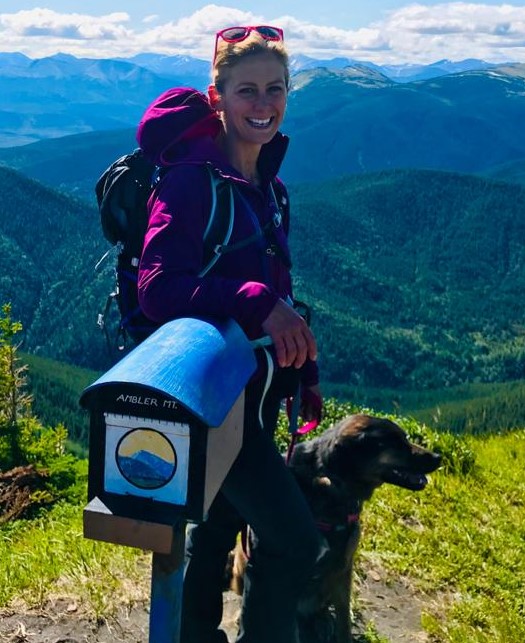
Courtney Hughes (PhD)
Co-founder, Chairperson, and Research Collaborator
Courtney (PhD, MEd, BSc, BEd) is a conservation scientist with expertise in human-wildlife conflict research, community-based collaboration, conservation and landscape planning, policy development and evaluation, and citizen science. Courtney is highly skilled in conservation social science methods as well as workshop facilitation, educational instruction, designing and implementing outreach programs, project management including grant writing and administration. Among other academic lectures, Courtney has been a visiting lecturer at Oxford University’s WildCRU diploma program for over a decade. Courtney’s work has included Canadian projects, with large mammals including grizzly bear research and recovery policy and park management planning, and she has led or worked in teams on conservation and livelihood projects across Belize, Cameroon, Zimbabwe, and recently Tanzania, with Tanzania Research and Conservation Organization (TRCO). Courtney is a founding collaborator of TRCO, and brings her social science expertise to complex conservation challenges, as well as mentorship and guidance in multiple projects and the organization’s strategic plan. With TRCO, Courtney has co-led the exploration of the human dimensions of pangolin conservation in the country, and collaborated with Micheal on assessing the impacts of human resettlement in relation to lion conservation across the Ruaha landscape. Most recently, Courtney has actively supported the direction and implementation of TRCO’s human-elephant coexistence program, with a focus on the Burigi-Chato landscape of northwestern Tanzania. Courtney is also dedicated to mentoring and supporting women in conservation and livelihood development, and is working with TRCO to advance these aspirations through networking and program implementation
Check out Courtney’s published works:
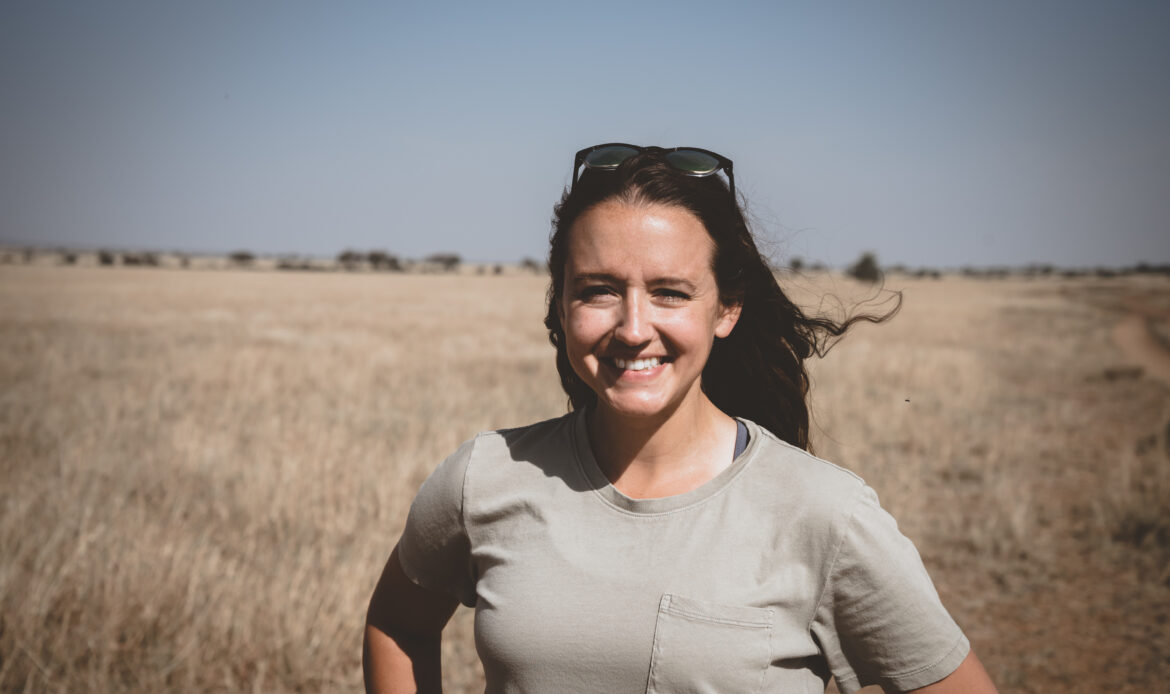
Kristen Denninger Snyder (PhD)
Board Member
Kristen is an accomplished conservation scientist who has worked in northern Tanzania for the last decade. She is passionate about bridging the gap between scientific research and conservation management and creating opportunities for the next generation of conservationists, particularly women.
Currently, Kristen is a scientific advisor to Research and Innovation for the Serengeti Ecosystem (RISE), an applied research program and facility she co-founded at Grumeti Fund. In this role she has collaborated with and mentored many talented students and early-career conservationists, and credits these experiences with cultivating her dedication to creating authentic, supportive, and more equitable opportunities in the conservation sector.
Kristen holds a research scientist affiliation with the Wittemyer lab at Colorado State University and is the Chief Scientist at Natural Capital. Her current research in Tanzania spans elephant movement, fence ecology, human-wildlife interactions, and vulture breeding success. She recently started working with newly established conservation projects in Zimbabwe, Zambia, and Tanzania to implement research and monitoring programs. Kristen brings her diverse skill set, including research design, data analysis, fundraising, and drive for collaboration to address complex conservation challenges.

Professor Reuben M.J. Kadigi (PhD)
Board Member
Prof. Reuben M.J. Kadigi is an Agricultural Economist with more than twenty years of experience in research, consultancy and teaching at Sokoine University of Agriculture (SUA); College of African Wildlife Management in Moshi, Tanzania; and a Visiting Professor at the National University of Rwanda. He holds a PhD in Agricultural Economics from Sokoine University of Agriculture (SUA) in Tanzania with a specialty in Valuation of Water Resources and Ecosystem Services. He also holds a second degree (MSc) in Management of Natural Resources and Sustainable Agriculture from the Agricultural University of Norway (AUN) and a first degree (BSc) in Rural Economy from SUA.
He teaches Production Economics as well as Natural Resources and Environmental Economics. His research and consultancy assignments have included among others, carrying out a Strategic Environmental and Social Assessment (SESA) for the National Irrigation Master Plan (NIMP) and National Irrigation Policy (NIP) in Tanzania, Water resources valuation, Livelihood analysis, Assessment of productivity and economic benefits of water utilization, Valuation of ecosystem goods and services, and Assessment of the impact of Food Safety Standards on livelihoods of small-scale producers in Africa. He has accomplished several value chain studies in the fisheries, agriculture and tourism industries including the fisheries sector in Senegal where he worked as a Southern Resource Person for ENDA/REPAO Managed Action Research Study – Productive Strategies Call for Proposals (IDRC Value Chains Project) which evaluated social impacts of eco- and ethical fish labelling on small-scale producers in Senegal (2010).
Prof. Kadigi has also accumulated a worth of experience from working as a Principal Investigator and Researcher in several other projects funded by different Bi-lateral donors, NGOs and Development Banks, including the Ministry of Foreign Affairs of Finland, DFID, NORAD, Global Development Network, The Bill and Melinda Gates Foundation, World Bank, African Development Bank, USAID, as well as from federal, regional and local governments in different countries including Tanzania, Senegal, Rwanda, Kenya, Uganda, South Africa, Zimbabwe, UK, USA and Norway. He is the author of several (more than 25) journal papers; 4 book chapters, several working papers, research reports and conference papers. Find more of his work through this link Reuben MJ Kadigi (0000-0001-8676-1852) – ORCID
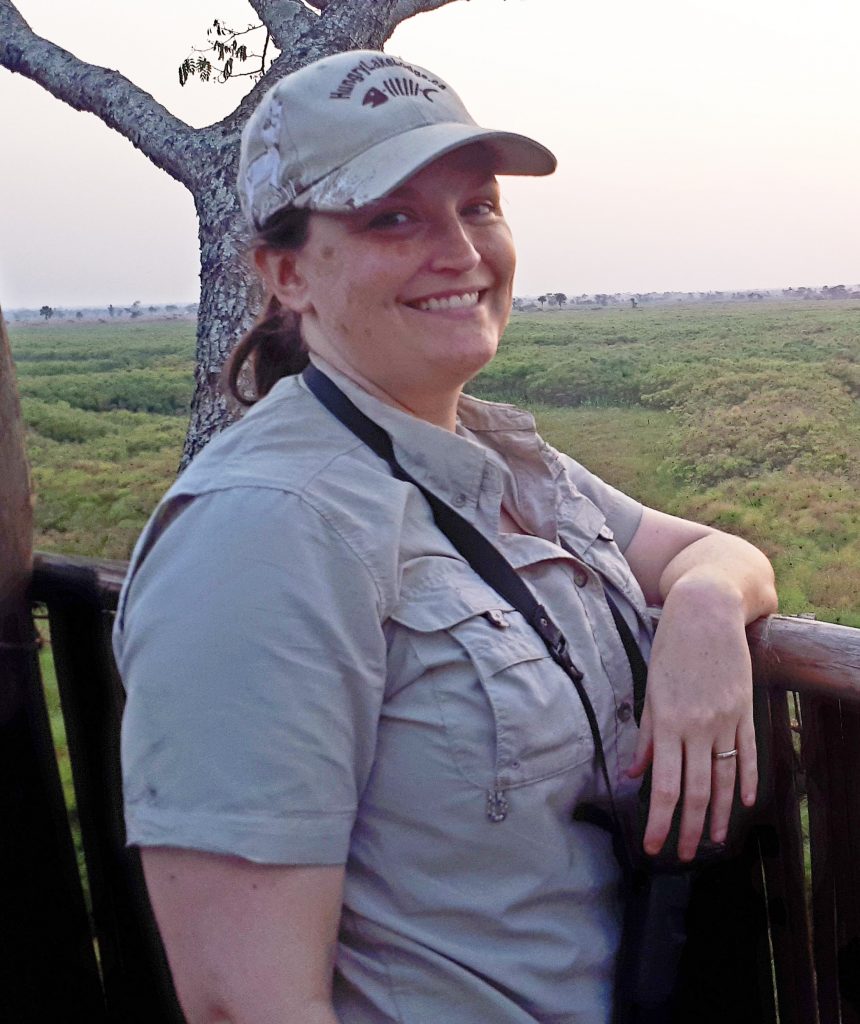
Camille Warbington (PhD)
Board Member
Camille is a Quantitative Ecologist with an environmental consulting company in British Columbia, Canada. Duties in her current position include working with Indigenous groups to develop wildlife management and research programs. In collaboration with Dr Mark Boyce at the University of Alberta, she completed her PhD on sitatunga (Tragelaphus spekii) ecology in central Uganda. The sitatunga research project focused on methods to monitor populations and provide data to enhance management decisions for improving conservation including DNA analysis, camera trapping, community ecology of native wildlife and livestock, and incentives to local communities and private farmers to enhance sitatunga and wetland conservation in Uganda. Before her PhD studies, Camille worked for state and federal government in the USA, including as a Biologist Specialist with the Louisiana Department of Wildlife and Fisheries, and as a Biological Science Technician with the USDA Forest Service Southern Research Station, Savannah River, USA. Camille completed her MSc in Forest and Wildlife Ecology at the University of Wisconsin, USA, assessing survival of white-tailed deer fawns. Camille extended her collaboration with the Tanzania Research and Conservation Organization (TRCO), and assessed the perceptions of local communities towards pangolins in central Tanzania, at the Ruaha landscape. Camile is an active scientist that published several articles related to sitatunga population estimates, environmental and organism interactions, and mortality of white-tailed deer.
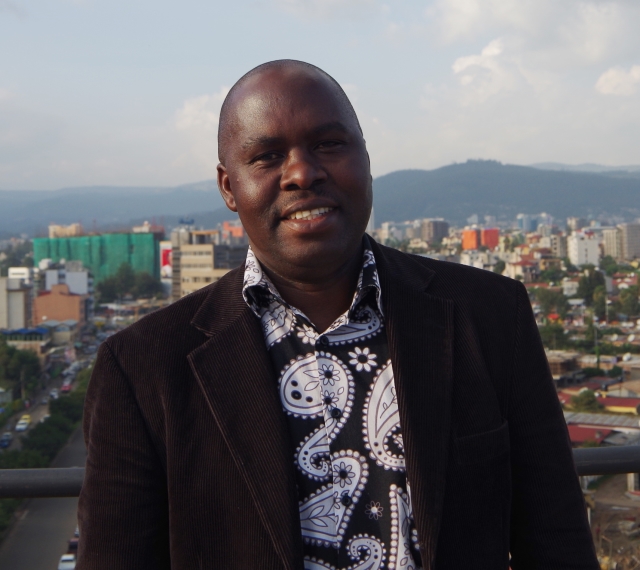
Professor Japhet J Kashaigili(PhD)
Board Member
Professor Japhet Kashaigili is a Senior Lecturer at Sokoine University of Agriculture (SUA), where he serves as the Director of Postgraduate Studies,Research,Technology Transfer and Consultancy (DPRTC). With extensive expertise in teaching, research, and consultancy, Prof. Kashaigili specializes in hydrology, hydrological modeling, water resources management, eco-hydrology, environmental flows, groundwater, wetland ecosystems, ecosystem services modeling, and climate change mitigation and adaptation, among other areas. He is also a Registered Environmental Impact Assessment (EIA) Expert, underscoring his capability in evaluating and managing environmental impacts. Prof. Kashaigili’s broad knowledge base and diverse skill set make him a prominent authority in water resource management, climate resilience, wetland conservation, and the application of remote sensing and GIS for environmental planning and decision-making. His contributions are instrumental in addressing critical challenges at the intersection of environment and sustainable development.
For more of his work, please visit the link. Japhet Kashaigili (0000-0002-0373-6174) – ORCID

Wesley Gold
Board Member
Wesley is the Co-Founder and CEO of Okoa Maliasili, holding an MBA from the University of Aberdeen. As a skilled and dedicated security specialist, he brings extensive experience in Anti-Poaching and hostile security operations. With nearly 10 years in the British Army, Wesley has developed expertise in strategic planning, innovative approaches, and executing efficient, cost-effective operations, especially within challenging environments.
One of Wesley’s key strengths is his effective communication and strong interpersonal skills, which enhance his ability to negotiate and unify diverse groups toward common goals. He takes pride in his leadership capabilities, finding fulfillment in managing, training, and motivating successful teams, enabling him to excel in high-pressure situations and consistently deliver results.
Wesley’s passion for security operations, particularly in anti-poaching efforts, fuels his dedication to this field. Known for his strategic thinking and ability to develop innovative solutions to security challenges, Wesley is committed to making a meaningful impact and contributing to the success of organizations through his expertise in security operations and team leadership.
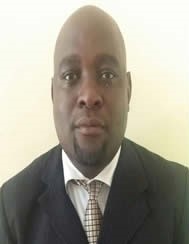
Professor Nsajigwa Emmanuel Mbije (PhD)
Board Member
Nsajigwa Emmanuel Mbije works as a Senior Lecturer with the Department of Wildlife Management of the Sokoine University of Agriculture in Tanzania. Holds B.Sc. and M.Sc. degrees in Marine Biology and Ecology from the University of Dar es Salaam and PhD on ecosystem management from University of Haifa in Israel. Trained as an ecologist, he has vast experience in research and consultancies both at local and international level. Among others he has been involved in development of Bagamoyo collaborative Marine management areas, Mtwara and Ruvuma Estuary Marine Park, Kinondoni Conservation Area Management plans and Tanga Coelacanth Marine Park. As a full time University lecturer he teaches various courses among them are Introduction to Coastal and Marine Ecosystems, Ichthyology and Marine Biology and Ecology.
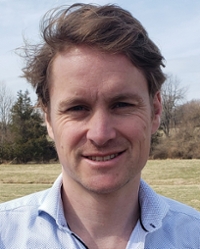
Professor Michiel Veldhuis (PhD)
Board Member
Michiel graduated in 2011 from the University of Groningen, where he earned both his BSc and MSc degrees (cum laude) in Evolutionary Biology. His internships spanned diverse ecosystems, including studying biodiversity drivers in the Drentsche Aa, palm seed dispersal by agoutis at the Smithsonian Tropical Research Institute in Panama, and the impact of soil compaction by white rhinos on vegetation structure in South Africa’s Hluhluwe-iMfolozi Park. Despite varying settings, these projects shared a focus on ecological processes shaping communities and ecosystems. Securing funding for a PhD, Michiel researched ecological autocatalysis in African savanna ecosystems, supervised by Han Olff and Matty Berg, and defended his thesis in 2016. His work primarily in Hluhluwe-iMfolozi Park included examining nutrient redistribution by large herbivores, termite-driven decomposition stabilization, and woody vegetation dynamics. Between 2015 and 2019, as a postdoc in the AfricanBioServices project, Michiel explored the impacts of rainfall gradients, soil fertility, human population growth, and land use on ecosystem stability within and outside protected areas in the Greater Serengeti-Mara Ecosystem. His research at Princeton University’s Pringle and Tarnita Labs expanded this work to niche partitioning among herbivores and termites, spatial vegetation patterns, and their implications for ecosystem resilience. Since 2019, Michiel has been an Assistant Professor at the Centre for Environmental Sciences (CML), teaching Conservation Biology, Ecology II, and Governance of Biodiversity at both BSc and MSc levels.
Michiel’s research centers on species interactions and their role in ecosystem structuring, with a primary focus on African savannas. His studies span from micro-level dynamics, such as grazing lawn formation, to macro-level assessments of ecosystem stability across the African continent, particularly in the context of human population growth and climate change. Current research areas include:
- the effect of people on wildlife and vice versa (ecosystem services);
- the drivers of ecosystem stability;
- niche partitioning of large herbivores in relation to climate change;
- the effect of animals (large herbivores and termites) on the functioning and stability of savanna ecosyste. For more of his work, please visit the link Michiel Veldhuis (0000-0002-8186-5473) – ORCID
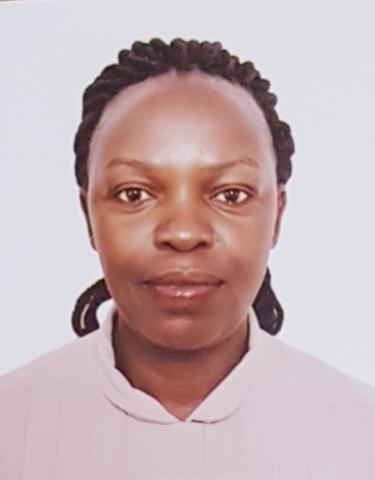
Yustina Andrew Kiwango(PhD)
Board Member
Yustina Andrew Kiwango is an accomplished wildlife conservationist with extensive experience in ecological research, protected area management, and biodiversity conservation. Currently serving as Assistant Conservation Commissioner Commanding Lake Manyara National Park, she has held several leadership roles in Tanzania National Parks (TANAPA), including her tenure as Principal Conservation Officer and Manager of the Ecology Department. Her work is dedicated to fostering sustainable conservation strategies and enhancing ecological resilience in Tanzania’s protected areas.
Yustina holds a PhD from Groningen University, focusing on restoring ecological connectivity in the Serengeti ecosystem. She also earned a Master of Science in Water and Coastal Management through the Erasmus Mundus program and a Bachelor of Science (Honors) in Wildlife Management from Sokoine University of Agriculture, Tanzania. Her academic background encompasses a range of disciplines, including ecological modeling, GIS, environmental impact assessments, and wildlife-based tourism.
Yustina is a respected contributor to international scientific literature, with numerous publications addressing ecosystem services, ecohydrology, and the sustainable management of wetlands and savanna ecosystems. Her research has been instrumental in understanding critical issues such as habitat connectivity, species interactions, and human-wildlife coexistence.
Beyond academia, Yustina is a passionate advocate for interdisciplinary collaboration and capacity building, working closely with communities, government entities, and global conservation networks to ensure the long-term conservation of Tanzania’s natural heritage.

